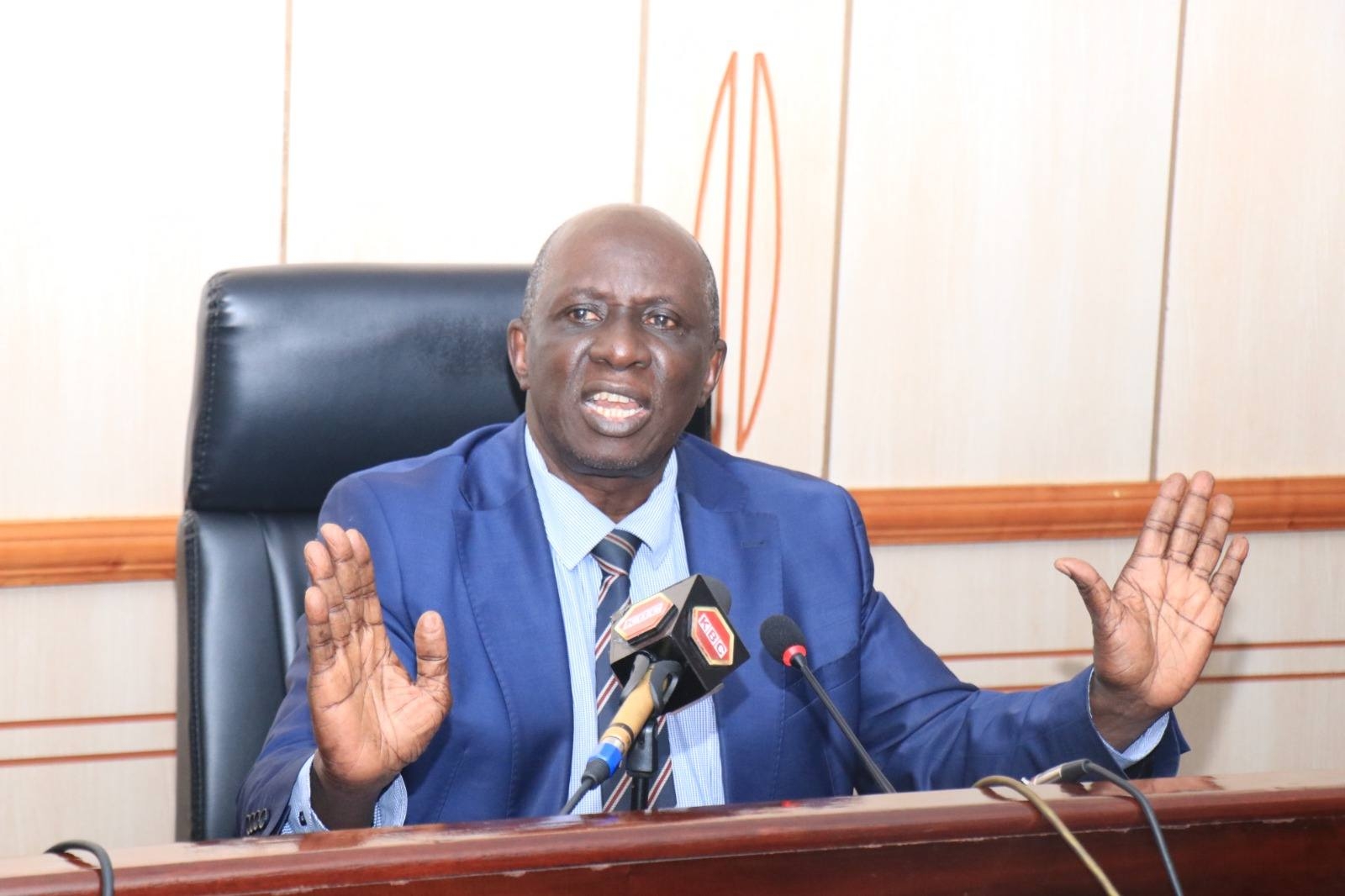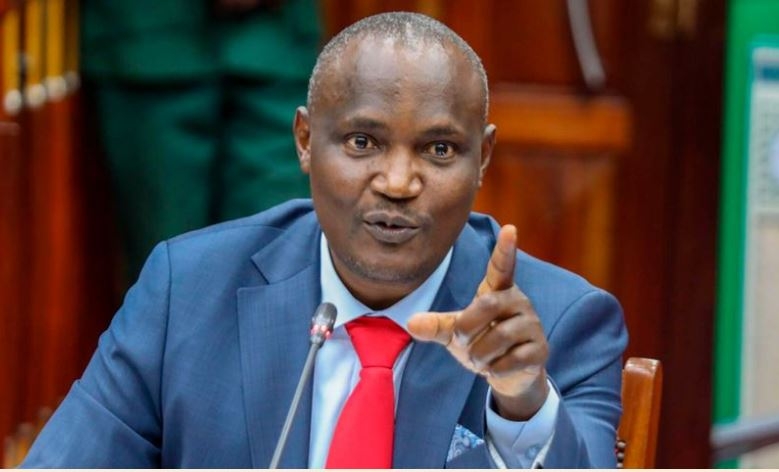The government is set to recognise Kenyans doing a commendable job protecting Kenya’s iconic species.
This was announced on Thursday by President Uhuru Kenyatta during the commemoration to mark 75 years since the Nairobi National Park was established.
"To honour these heroes, the ministry of Tourism and Wildlife is directed to put in place a recognition mechanism for such heroes," he said.
The President said there will be a special category that will also recognise the efforts of our young and future conservationists.
He added: “I look forward to honouring citizens who have for instance kept the park clean as well young Kenyans in our rural areas who have also taken steps to address human-wildlife conflict in their communities.”
During the event, Uhuru unveiled a lion monument that was sponsored by the Dawoodi Bohra's community of Nairobi.
The community also exhibited a photo gallery detailing the journey of the park and has been planting trees at the park.
The Dawoodi Bohra's community has also donated wheelchairs to be used by persons living with a disability while accessing parts of the park.
The community has also been planting trees at the park as well as conducting cleanup activities.
The president thanked those positively contributing to the conservation agenda, citing the Dawoodi community.
The government is currently grappling with Sh 14 billion that has not been paid to the victims of human-wildlife conflict.
Tourism CS Najib Balala, Wildlife PS Fred Segor and Kenya Wildlife Service Director-General John Waweru were present.
Uhuru said by highlighting the next generation of conservationists will not only provide others with an example to follow but also lay the foundation for the new generation of nature warriors who take up the fight in the years to come.
He said his government is committed to preserving the natural beauty of our land and passing the same to future generations in good condition or even better than we found.
Uhuru said the pioneers made deliberate choices to balance rapid social and economic development with conservation of our plant and animal life.
This, he said, has seen Kenya today prides itself on having a thriving national park system comprising over 23 terrestrial national parks, four marine national parks, 28 terrestrial national reserves, six marine national reserves, and seven nature sanctuaries.
At the county level, there are thousands of local parks, arboretums, large gardens and green spaces.
“That is an example that developments need not come at the cost of nature or environment.”
The Nairobi National Park was protected as the country’s natural habitat through proclamation No. 48 of December 16, 1946, covering 117km per square.
It covers 29,000 acres.
However, some 2,000 more acres have been added to it after the national government donated what used to be a sheep and goats research facility bringing the total acreage to 31,000.
Uhuru said it is the dream of pioneers that has led to what is being enjoyed now.
He said the threats facing wildlife are still abounded such as poaching, habitat fragmentation, and habitat degradation, changes in land use, human encroachment and impacts of climate change.
“This all combined has unprecedented threat on our natural beauty, the splendour of our heritage having been compounded with the increasing levels of human-wildlife conflicts, inadequate financing from conservation activities and personnel as well as equipment.”
Uhuru pledged that the government will put more money into conservation.
He said poaching and illegal wildlife trade is a multifaceted issue encompassing development, economic, environmental, social, security dimension.
Last year, there was zero poaching of rhino.
However, 11 elephants were poached.
One rhino has been killed this year but the trophy is under the care of KWS while the suspect has been arrested.
Uhuru said the government is committed to eradicating poaching and ending illicit trade in wildlife.
He added that there is a need to raise awareness on the serious effects of wildlife crime and also the need to secure wildlife habitat.
Balala said infrastructure is being improved to enhance the visitor experience.
The CS said out of the 23 national parks, only seven are viable and makes money for KWS.
Balala said a program has been started with the national treasury to revive some of the parks through public-private partnerships.
The CS said South Africa makes Sh 700 billion from tourism adding that the country needs to think innovatively.












